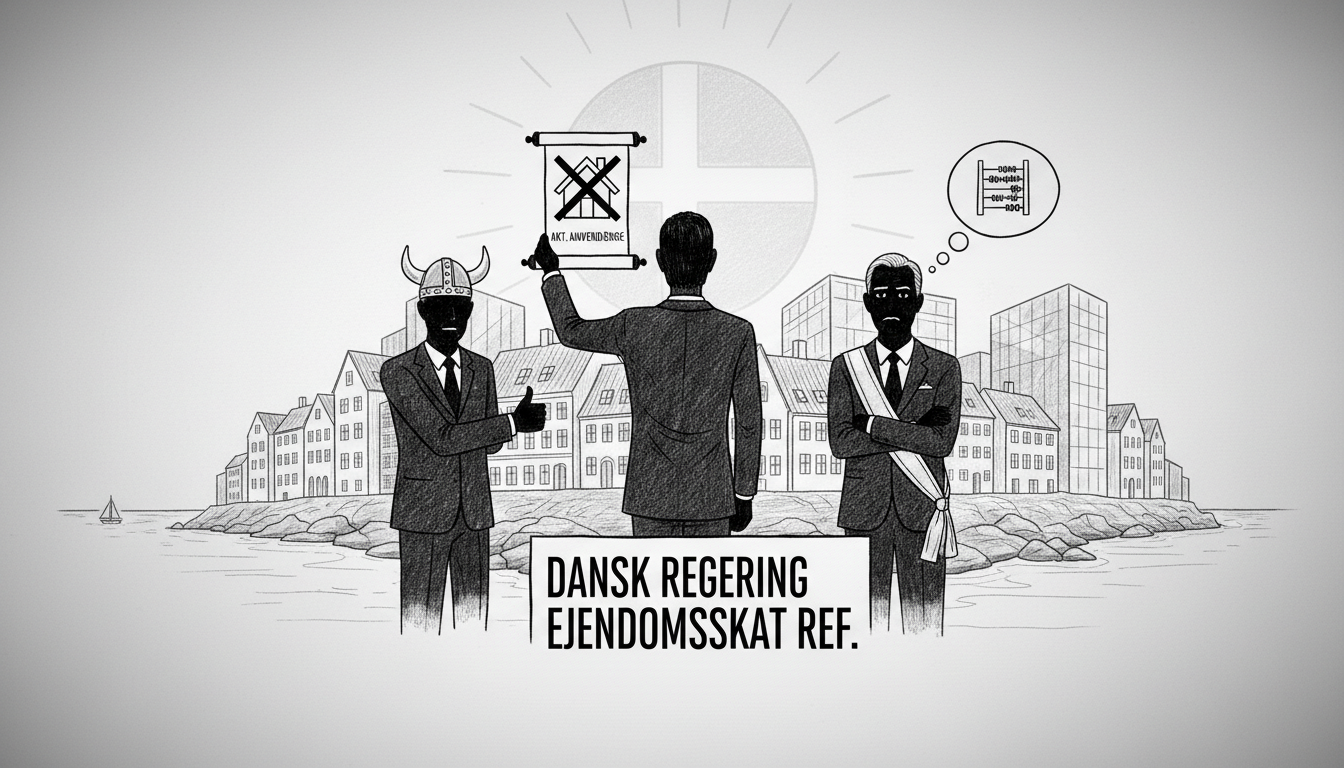A Danish government coalition party wants to change a core principle in property valuations. The Liberal Party says current assessments create unfair and confusing results. Property valuations have faced criticism for setting land values higher than actual property values in many cases.
Political spokesperson Jan E. Jørgensen said the party aims to eliminate the 'best possible economic use' principle. Instead, valuations should reflect what actually exists on the property today.
He explained the proposal in simple terms. If you own a villa, it should be valued as a villa with its surrounding land. Even if local zoning allows replacing it with a high-rise building, the owner should only pay taxes based on that potential use if they actually build it.
The new property valuation system has experienced major delays. Most homeowners have now received their 2020 assessments, with some 2022 valuations also distributed. The Danish Valuation Authority says current media reports about valuation inconsistencies stem directly from following the 'best possible use' legal requirement rather than actual property use.
Another government coalition partner, the Moderates, supports the proposed change. Tax spokesperson Ammar Ali stated that properties should be valued based on actual conditions rather than theoretical optimal economic use.
However, Tax Minister Ane Halsboe-Jørgensen maintains support for the 2016 agreement's fundamental principles. She backs valuing land according to its best possible economic application.
The debate highlights ongoing tensions within Denmark's coalition government about tax fairness. Property owners have complained for years about valuation methods that tax them for theoretical development potential rather than their actual property use.
This proposed change would represent a significant shift in Denmark's approach to property taxation. It reflects practical concerns about taxing homeowners for hypothetical scenarios that may never materialize.

